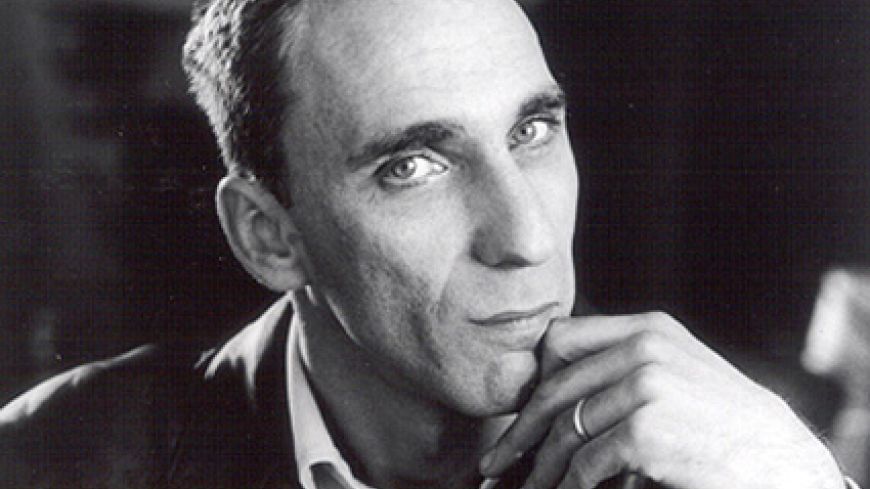
The Edinburgh International Book Festival, like its sister happenings throughout August, throws up the unexpected from time to time. Author Will Self’s lecture on the late W. G. Sebald was one such gem.
Book Festival attendees used to Aga-saga producing yummy-mummies, military memoirists or other Lit-Fest clichés weren’t perhaps prepared for Self’s considered reflections on this less-known author whose comparatively early accidental death silenced an outstandingly clear voice that could speak for a Europe that is past to a British audience suspicious and hostile to the Europe that replaced it.
W. G. Sebald was a child of the Third Reich, his father serving in the German army, and the young Sebald grew up in a Europe recovering from the wounds Nazism inflicted on it. Living for much of his life in England, he was in a unique position to survey the wreckage and reflect upon its implications for later generations.
Self considered Sebald’s oeuvre both in its own terms and the message it has for us some ten years after his death. In ‘Austerlitz’, Sebald follows his eponymous central character’s reverse journey back to his birthplace via the route of the Kindertransport that brought him to England. Circling the names of places familiar from histories of the Shoah which murdered so many European Jews and so much of their culture, Sebald’s novel is like to prove a more enduring monument than any ‘Holocaust Memorial Day’ could ever be.
‘The Emigrants’ is the remarkable reverse of the picture created by Jacques Austerlitz’ journey. Four sharply drawn pen portraits of those who survived the death camps and forced marches to re-build lives in the British Isles. A sense of the past is always with them, however, along with a perpetual mourning for what and whom is no longer. Sebald was too honest and shrewd an author to peddle sentiment, however. His characters are as flawed as we are, and if their experience of pain differs from ours, Sebald nevertheless suggests it is still something we can share.
Self’s closing remarks were challenging, perhaps too much so for some audience, as he argued that our focus on the horrors of history blinds us both to our own complicity of silence in the face of atrocity in eastern Europe, Africa and most recently the near and middle East.
He also suggested that our rapacious exploitation of the natural world is its own kind of holocaust, and that the west’s refusal to acknowledge that there may be something to be learned from a Third World in which meat consumption is low and motor vehicles a rarity, instead of insisting these are emblematic of an advancing civilisation. The holocaust, Self suggested, is continuing to happen.
Event: 28 August, 2011

